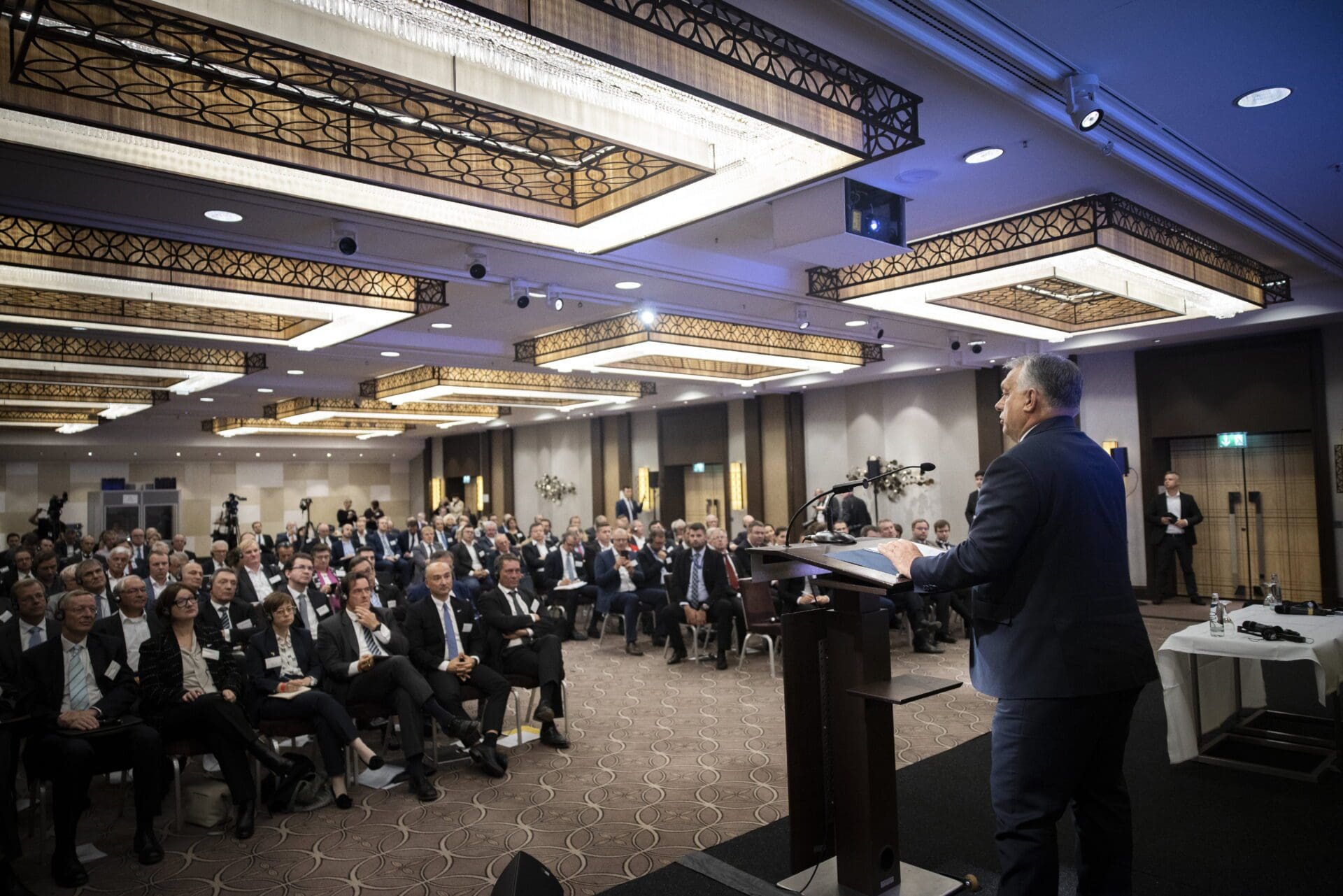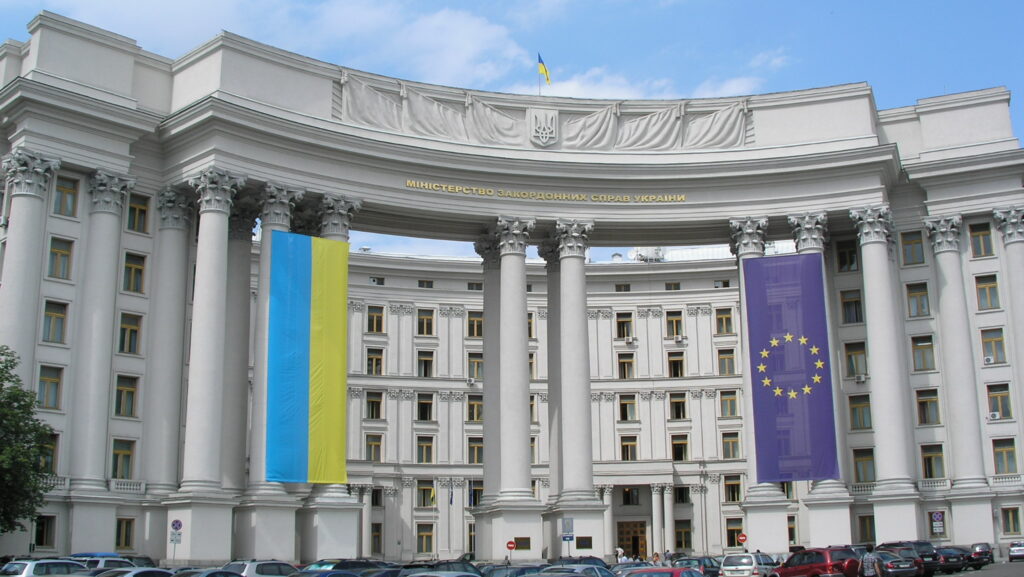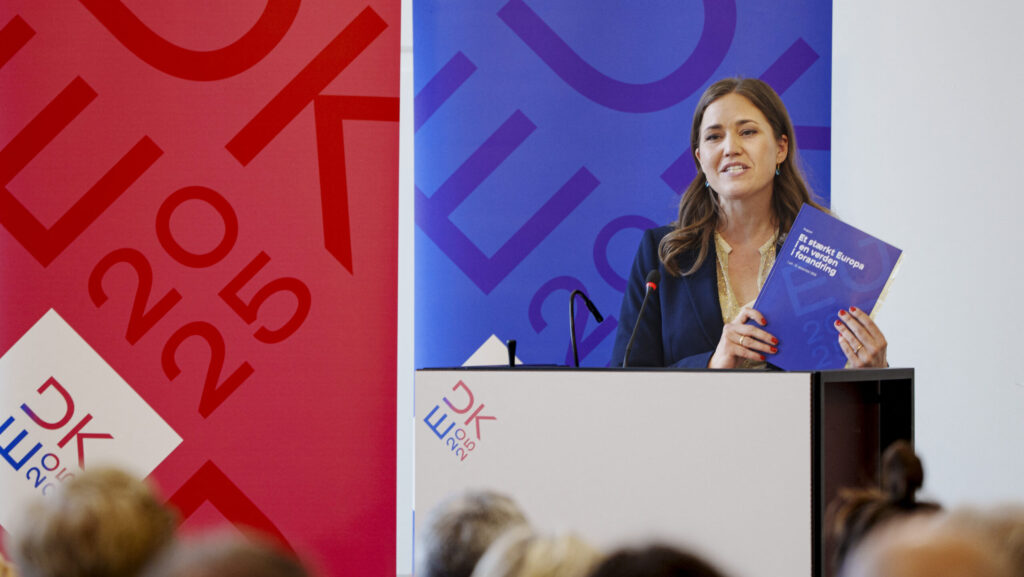Today was a busy day for Hungarian government officials in Berlin. Prime Minister Orbán, who travelled to the German capital to attend a German-Hungarian economic forum and to meet with Chancellor Olaf Scholz, was accompanied by Foreign Minister Szijjártó and Minister of Innovation László Palkovics. The prime minister delivered remarks at the forum after meeting with his German counterpart.
Somewhat surprisingly, Orbán and Scholz chose not to hold a press conference after their talks. According to MTI’s coverage, PM Orbán described their meeting as ‘fruitful’, adding that all difficult and complicated topics were discussed during the two-hour meeting, and that ‘everyone can be satisfied’ with its results.
As it transpired from German press reports, Viktor Orbán also met with former chancellor Angela Merkel on Sunday. Merkel’s press team declined to release information about the meeting, saying that they do not comment on ‘non-public personal conversations.’
The Ukraine war and the sanctions imposed on Russia have directly impacted the economies of both countries
The meetings and the remarks delivered by the PM and his ministers are of perhaps greater significance than they have in peacetime. The Ukraine war and the sanctions imposed on Russia have directly impacted the economies of both countries, and their energy sectors in particular. It is no secret that the Hungarian economy is heavily dependent on and intertwined with the German one, with German companies dominating, among others, one of Hungary’s most important economic sectors, the automotive industry. Of course, this dependence is mutual, as the large German corporations that have been present in Hungary for many decades and have heavily invested in the country are strongly dependent on the Hungarian skilled workforce and infrastructure with regard to their local manufacturing base.
In addition, today was also the day when Russia decided to hit Kyiv with missile strikes, killing at least eleven and injuring dozens of civilians. The attack, which was the largest in months and disrupted electricity and other key services, has been condemned by practically all Western nations, including Hungary. The head of the Hungarian CoE PACE delegation, Zsolt Németh, who is also the Fidesz chairman of the Foreign Affairs Committee of the Hungarian National Assembly, said ‘the brutal Russian attacks targeting civilians and completely disregarding humanitarian rights are unacceptable.’ Foreign Ministry State Secretary Tamás Menczer said on Facebook that the Hungarian diplomats at Embassy Kyiv are safe and have not been injured during the missile strikes. The embassy is not closing down, the state secretary said, adding, however, that the ‘situation is unfortunately getting ever graver. An immediate ceasefire and peace talks are needed! Hungary is on the side of peace, we must do our utmost to achieve peace!’
The massive strikes on the Ukrainian capital have overshadowed the Berlin meetings, while at the same time highlighted the importance of Central European EU members working closely together to provide meaningful answers to the escalation of the war and its economic consequences.
The PM said his government believes in equality of opportunity, but not in equality of outcome
In his remarks delivered at the German-Hungarian economic forum, Viktor Orbán stressed that the Hungarian model is conservative in terms of its social policy, a policy reminiscent of the period of German Chancellor Helmut Kohl. He highlighted that the Hungarian government believes in and is building a work-based society, with the family at its centre. He emphasised that the government is also building on national pride, which should be based more and more on performance. The PM said his government believes in equality of opportunity, but not in equality of outcome, as outcome depends on performance. He reminded that one of the most important features of the Hungarian model are low taxes. It is the only country in the world with a combination of a flat rate personal income tax, no inheritance tax, and a low corporate tax of 9 per cent, he nailed down.
The prime minister also spoke about the fact that if Hungary did not protect its borders, the European Union’s internal market could collapse. He emphasised that since Hungary has an open economy, border protection should also be part of the economic policy. He stated that political security, energy security and physical security are also needed in the next period. Political security is guaranteed by the stability of the government, physical security can be ensured, among other things, by the fact that Hungary will continue to be an island of peace, and an important part of energy security is that the country has enough gas reserves for six months.
‘Cooperating with us is worthwhile,’ said Viktor Orbán.
Addressing the German entrepreneurs, he stressed that there are no surprises in the Hungarian economy, as the government’s medium and long-term plans are well-known. Agreements with a number of large German companies are still in force in the fields of telecommunications, digitalisation, and the transition to green energy, mainly regarding the areas in which they can join the Hungarian modernisation program.
Hungarian-German economic cooperation does not only have economic foundations, but also a cultural one
He also stressed that Hungarian-German economic cooperation does not only have economic foundations, but also a cultural one. As he put it, Hungary has a ‘positive prejudice’ towards Germany, partly for historical reasons and partly thanks to German cultural achievements. No political campaign or occasional disagreement on economic issues can destroy the foundations of bilateral cooperation, he stated.
Industry and Innovation Minister László Palkovics also participated in the forum’s panel discussion with German business leaders. In response to the serious concerns formulated by the representatives of German companies about the windfall taxes introduced by the Government of Hungary, the minister emphasised that the government is no fan of extra profit taxes, and only introduced them out of necessity. He denied that the new taxes discriminate against foreign-owned companies and said that they will be abolished as soon as possible.








